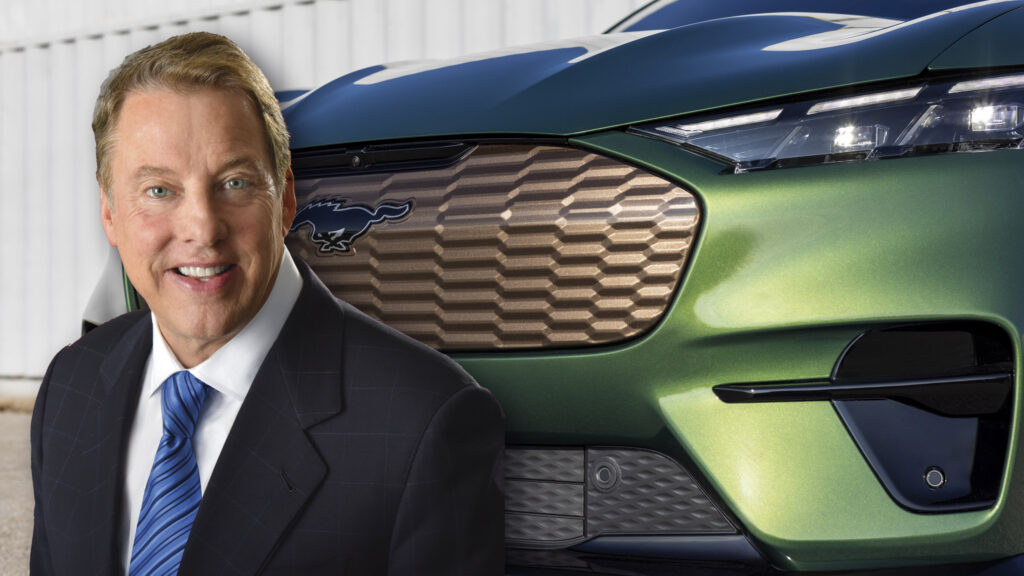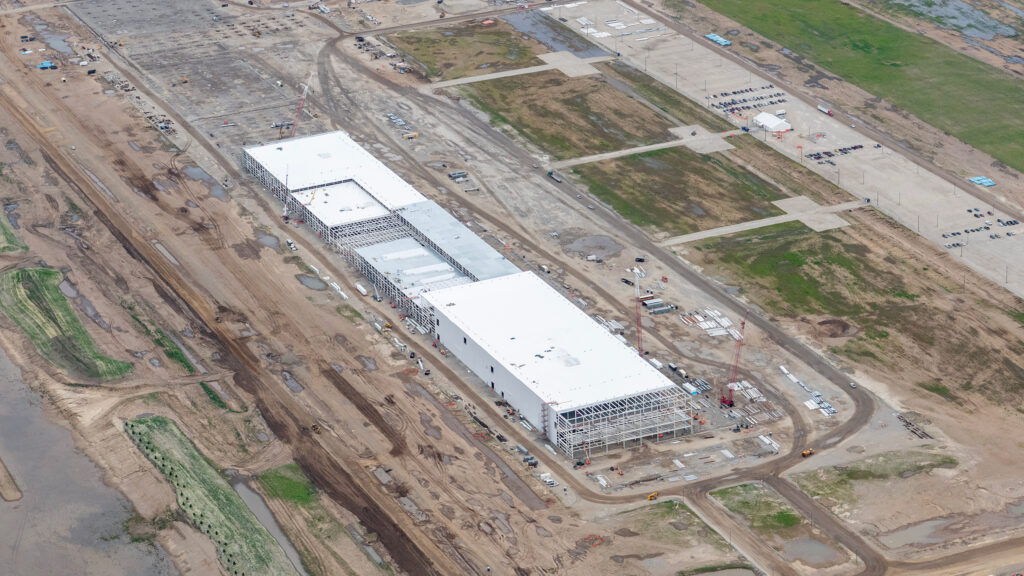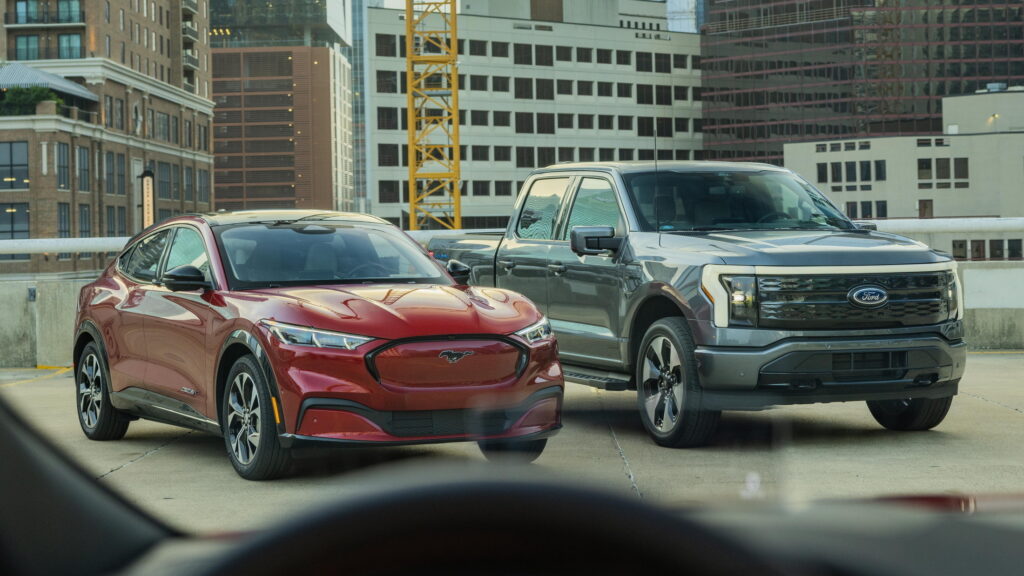Introduction

As the automotive industry shifts its focus towards electric vehicles, Ford finds itself in a precarious situation with its new battery plant in Michigan. This facility, known as BlueOval Battery Park Michigan, plays a critical role in Ford’s ambitious plan to scale up EV production. However, recent policy changes threaten to disrupt these plans. But before diving into that, picture this: 1,700 employees already hustling at the plant, with the prospect of adding 800 more by March 2027. Quite impressive, right?
Policy Changes

Tax Credits

The core of the issue lies in the Trump administration’s ‘One Big Beautiful Bill Act,’ which aims to repeal many clean energy tax credits introduced under Biden’s Inflation Reduction Act. These credits have been pivotal in attracting private investments into the U.S. EV sector. With states like North Carolina, Georgia, and Tennessee already seeing billions in investments, the move to eliminate these credits is causing alarm.
If passed, the new bill would phase out the $7,500 federal EV tax credit and put an end to manufacturer credits for battery producers post-2031. Moreover, it lays down strict rules on the use of Chinese components in manufacturing, further complicating matters for companies like Ford.
Ford’s Concerns
At a recent Michigan policy conference, Ford’s executive chair, Bill Ford, expressed concerns over the abrupt policy shift. Highlighting the unfairness of changing rules after investments have been made, he warned that the tax credits at risk could jeopardize the entire project. Ford’s reliance on a licensing deal with China’s CATL for critical battery technology makes the situation even more delicate, given the new restrictions proposed.
Potential Consequences
The implications of this policy shake-up could reach far beyond BlueOval Battery Park. It could stifle the growth of the domestic EV supply chain and dampen investment interest in the sector. While the aim of reducing reliance on foreign components aligns with long-term strategic goals, the sudden shift could be detrimental to ongoing projects.
The EV Market
Overall, these policy changes highlight the complex relationship between government decisions and the automotive industry’s future. With Ford’s EV sales already struggling, this uncertainty brings additional challenges. However, the allure of electric vehicles remains strong, and innovations like the Mustang Mach-E showcase the potential of what the future could hold.
Driving Experience
Speaking of the Mustang Mach-E, it’s exhilarating to drive. The power delivery is smooth and instant, living up to the Mustang legacy of performance. Compared to the traditional muscle car, the Mach-E’s handling is surprisingly agile, thanks to its low center of gravity. It offers a unique blend of speed and efficiency, achievable only through the magic of electrification.
In conclusion, while policy changes introduce challenges, the shift towards electric vehicles remains an exciting journey. Ford and other automakers will continue to navigate these waters with innovation and resilience as their compass.
Toyota Faces Tariff Hurdles
GR Corolla Moves UK
Bentley Blower Jnr
GM Engine Crisis
Hyundai's Truck Plans